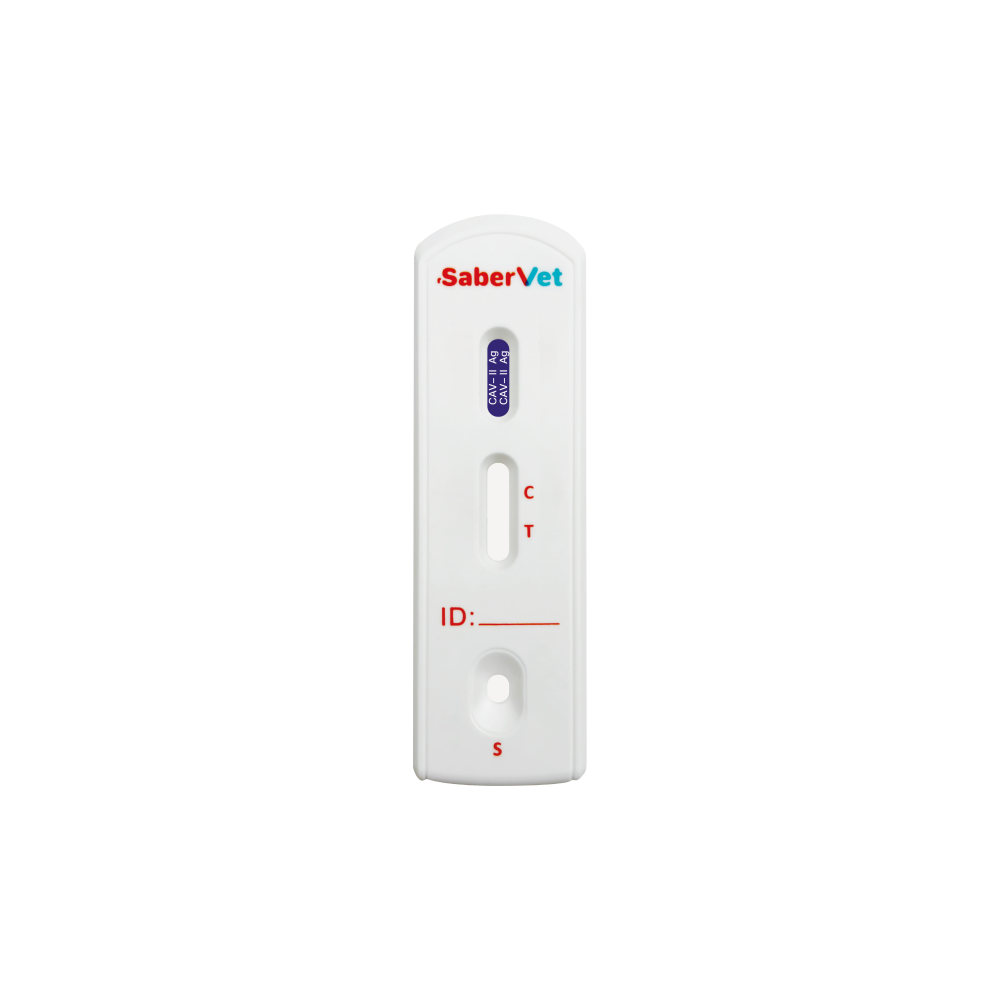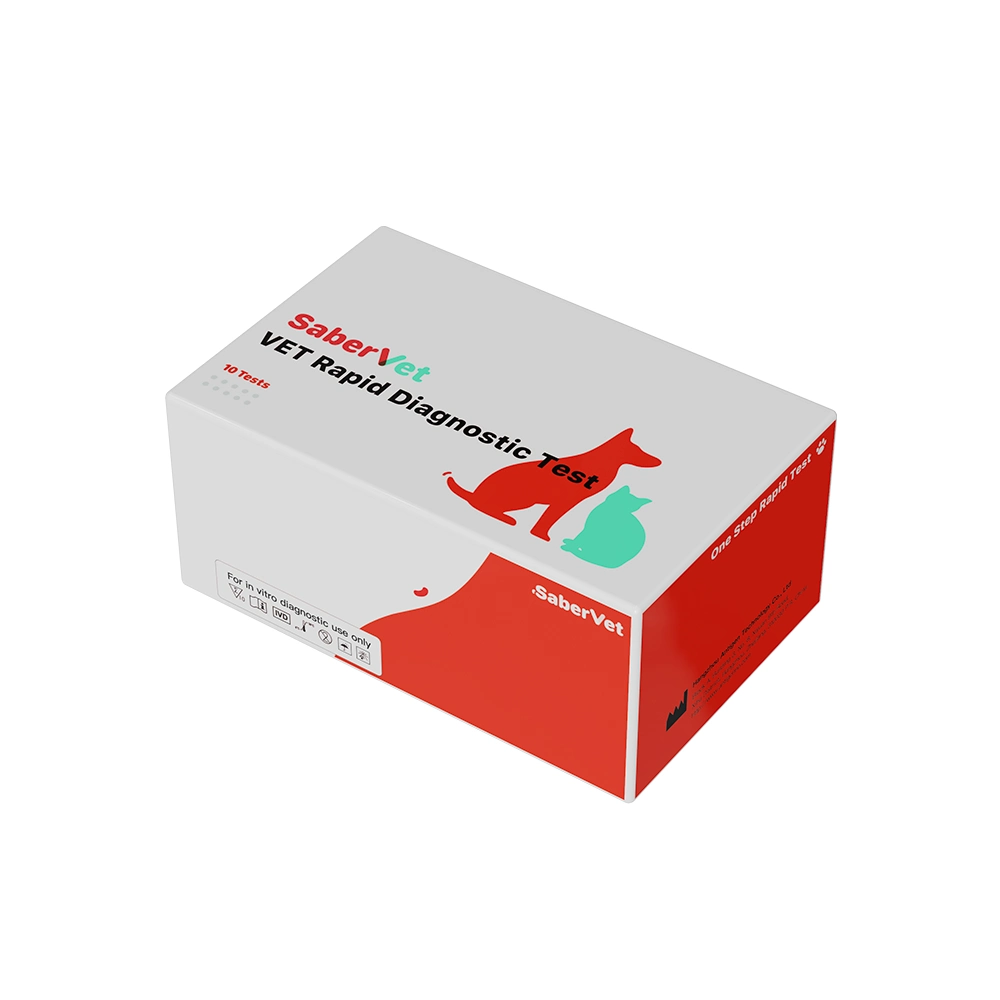Canine Adenovirus (CAV) is a common canine virus with two main types: CAV-I and CAV-II. CAV-I mainly causes canine infectious hepatitis, while CAV-II usually causes respiratory diseases such as canine bronchitis and canine influenza.
Symptoms
Respiratory symptoms
Dry cough: Dogs infected with canine adenovirus often develop a dry cough that sometimes lasts for weeks.
Sneezing: Dogs may sneeze frequently, especially if the condition worsens.
Runny nose: Some dogs may show signs of increased nasal discharge, which may be clear or sticky.
Eye symptoms: Some infected dogs may show signs of eye inflammation and increased tears.
Systemic symptoms
Fever: Canine adenovirus infection may cause the dog to develop a fever, which may rise above the normal range.
Loss of appetite: sick dogs may have a decreased appetite or refuse to eat.
Fatigue and lethargy: Infected dogs may exhibit lethargy and lack of energy.
Other symptoms
Diarrhoea: a few dogs may develop mild diarrhoea during infection, but this is not a major symptom.
Testing and Diagnosis
Diagnosis of CAV infection is usually determined by clinical signs and laboratory testing methods:
Clinical signs: the veterinarian will make an initial diagnosis based on the dog’s signs and symptoms.
Laboratory testing: These include serological tests, PCR (polymerase chain reaction), etc., which are used to detect viral antibodies or viral nucleic acids. ITGen® CAV rapid test kits can quickly diagnose whether a dog is infected by CAV-II in within 10 minutes.
Treatment and prevention
There is no specific treatment to cure CAV infection, and treatment is mainly supportive for symptoms:
Rest and Nutrition: Provide plenty of rest and highly nutritious food to help your dog overcome the disease.
Fluid Replacement: Keep your dog hydrated to avoid dehydration.
Antibiotic treatment: For dogs with secondary infections, antibiotics may be needed to control the bacterial infection.
Preventive measures: Regular vaccinations are key to preventing CAV infections. Vaccines usually include inoculations against CAV-I and CAV-II to boost your dog’s immunity and reduce the risk of infection.
Prompt medical attention and preventative measures are key to managing CAV infections. If your dog develops respiratory symptoms or other discomfort, seek medical attention and follow your veterinarian’s treatment recommendations.
The creation of Itgen not only reinforces the company’s commitment to quality and innovation but also serves as a testament to its unwavering dedication to improving animal health and welfare.Together, we can make a difference. Contact Antigenne now and let’s unlock the future of animal health.













